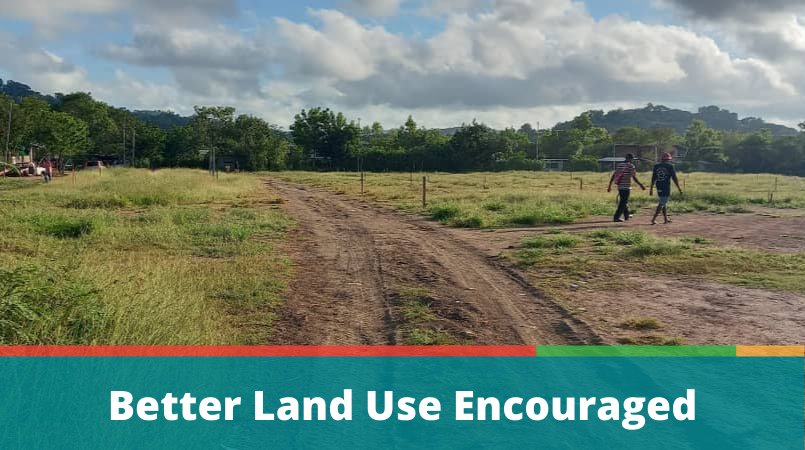
Landowners in Papua New Guineans have been encouraged to put their land to good use to create economic benefits and better lives.
Papua New Guinea National Research Institute’s (PNG NRI) Acting Director Dr Osborne Sanida says Land is one of the major factors of production of goods and services.
“However, if the land is not accessible and put to good use, then landownership means little in terms of benefitting from the land by the landowners,” he said.
He said this at the launch of the Institute’s Discussion Paper No. 188 – Strategies to address challenges in customary land administration, governance and dispute resolution in Papua New Guinea.
The paper was launched last week and was authored by Dr Flora Kwapena, Managing Director of Property PNG Limited, Logea Nao, Research Fellow with Sustainable Land Development Research Program at PNG NRI and former project officer, Jerry Birop.
Nao presented the paper on behalf of her co-authors and highlighted that 3% of the land in PNG is either formally owned by the State or is privately owned. The remaining 97% remains under customary tenure or is owned by traditional landowners.
She said unfortunately, the land under customary tenure does not have formal titles and this restricts economic development as most developers are comfortable in dealing with formal titles.
She said, “So, in order for any country (in this case, PNG) to move towards achieving sustainable economic development, we need those customary land to be released for development.”
Nao said, however, the challenge with accessing and promoting bankable customary land titles were associated with administration of customary land, land governance and land dispute resolution.
She said the study was focused on two main areas; to identify the challenges, and to find potential strategies to address customary land reform issues, especially access, administration, governance, and resolution of disputes of customary land.
According to the paper, some of those potential strategies which need to be addressed were ensuring capacity-building initiatives for all agencies involved National Land Development Planning, promoting good governance, transparency and accountability particularly within the Department of Lands and Physical Planning and ensuring the security of land records from loss, destruction and fraud.
Other strategies included use of computerized workflow systems for transparency and safekeeping of legal data recorded in the field with a GIS spatial system so that records management and accessing records is more efficient.
